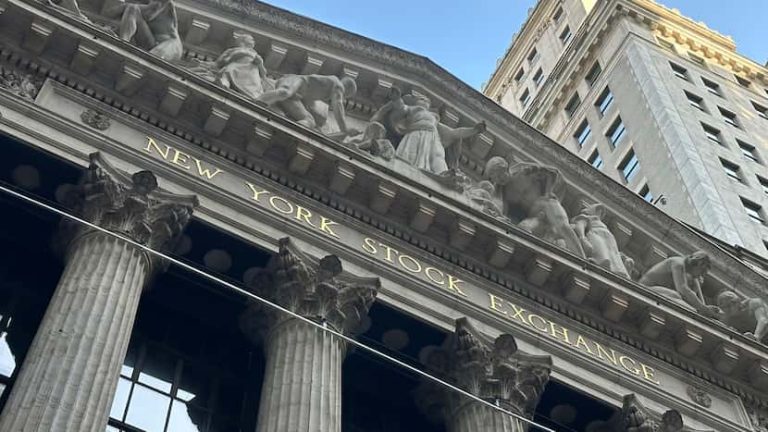Everything is bigger in Texas.
Since 1836, Texas has been home to big ideas, big risks and big companies. We are the birthplace of the revolutionary integrated circuit invented at Texas Instruments, the home of the gigantic engineering feat that was the Houston Ship Channel and one of the earliest forms of 3D printing. This great state is home to Dell Technologies, AT&T and countless other companies, and is currently home to the second-largest number of Fortune 500 companies in the United States.
The list of victories is nearly endless, but the Texas-sized idea, a courageous gamble, goes down as one of the state’s most ambitious and could have dramatic benefits for Dallas.
Enter James Lee, founder and CEO of TXSE Group. Backed by key partners including BlackRock and Citadel Securities, Lee and his team just announced they will be building a stock exchange in Dallas, aiming to open in late 2025 and have their first listing in early 2026.
The immediate impact will be significant, including the creation of 100 new jobs and significant financial investment. The long-term impact could well transform Dallas into the most desirable city in the United States.
There are three reasons for this:
Enhanced global reputation
The establishment of a new stock exchange will act as a powerful economic stimulant, attracting significant financial investment, which will not only stimulate capital inflows and boost local businesses, but also attract international investors and workers looking to take advantage of burgeoning financial and employment opportunities.
A recent example of this impact is the Singapore Exchange (SGX), which was formed in 1999 with the merger of two exchanges. Since then, SGX has had a significant impact on Singapore’s economy, growing into a leading exchange in Asia and a major contributor to Singapore’s GDP growth. Today, SGX has a market capitalization of over $500 billion, attracting investors from all over the world and supporting a strong financial ecosystem.
SGX has played a key role in establishing Singapore on the international financial stage and putting it on par with other major financial centres such as New York and London. Today, Singapore is consistently ranked as one of the most liveable cities in the world for both locals and expats.
Regional economic and cultural integration
Backers of the Texas Stock Exchange say they plan to attract businesses primarily from Texas, Oklahoma and the southeastern United States. This is important given that the southeastern United States has experienced significant economic growth in recent years. Cities in Georgia, Tennessee and the Carolinas have become economic hubs due to their fast-growing technology sectors, affordable cost of living and business-friendly environments. As a result, the region’s population is growing. According to the U.S. Census Bureau, the population of the Southeast grew 9.6% from 2010 to 2020, as people relocate in search of better economic opportunities and quality of life.
Further integrating the city and state’s economies through the Texas Stock Exchange will create an even stronger regional ecosystem. By centralizing financial activity in Dallas, the Exchange will foster closer connections between some of America’s most dynamic cities, including New Orleans, Nashville, Atlanta, Austin, and Asheville, North Carolina — connections that will naturally extend beyond economics to culture.
Dallas would serve as the de facto capital of a booming region, a hub for arts, culture and society as well as business.
Trickle-down effect on tomorrow’s unicorns
The Texas Stock Exchange will create a more favorable environment for startups.
First, stock exchanges increase market liquidity and access to capital, making it easier for start-ups to secure funding, attract investors, and scale their operations. This is backed up by research, which shows that more liquid stock markets lead to greater entrepreneurial activity.
Second, policymakers often create favorable economic conditions around new stock exchanges. Potential measures include tax incentives, subsidies, and regulatory support, all of which contribute to a more dynamic and favorable environment for start-ups. The United Nations Trade and Development Organization found that new stock exchanges often coincide with the implementation of policies that boost entrepreneurship.
Overall, increased mobility and favorable policies should create a virtuous cycle of innovation and investment that will position Dallas-Fort Worth as a leading hub for entrepreneurial activity, which is crucial because startups have been shown to make cities smarter and more livable places.
Like many ventures launched in the Lone Star State, this Texas-sized bet has the potential to pay big dividends that could transform Dallas into the most desirable city in the United States.
Chris Gannett: Gannett Partners.
We welcome your comments via letters to the editor. Please see our guidelines. Send your letter hereIf you have any problems with the form, please email us. Email:

